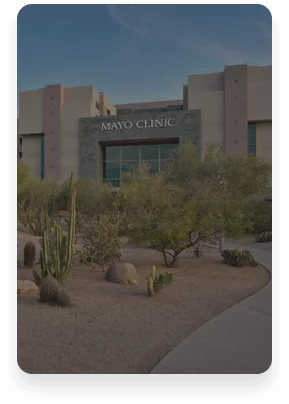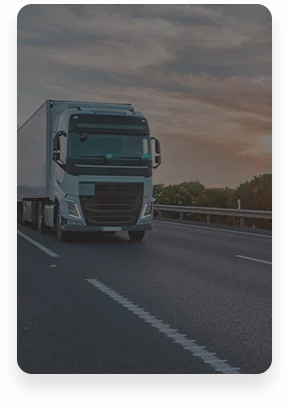Mobile Data Offloading
The explosion of mobile broadband devices, along with the unlimited data bundles from operators, has led to network congestion and deteriorating network quality. In response, the networks can either build denser networks with new masts closer together, or offload the data to wired networks. The plan is to eventually transfer users seamlessly to reliable Wi-Fi hot spots to ease congestion of cellular network.
An increasing need for offloading solutions is caused by the explosion of Internet data traffic, such as smartphone devices possessing Wi-Fi capabilities together with large screens and different Internet applications, from browsers to video and audio streaming applications. Also, the rapid increase of video streaming, including on-demand services, is another issue driving data offloading to Wi-Fi networks. CTS Cabling experts say mobile carriers will soon, if not already, ease the strain on their overstretched networks by offloading an increasing amount of data traffic onto Wi-Fi and small cell networks, reaching about 60 percent in 2017.
The main complementary network technologies used for mobile data offloading are Wi-Fi, Femtocell and Integrated Mobile Broadcast.
Wi-Fi
Wi-Fi technology is different radio technology than cellular, but most Internet capable mobile devices now come with Wi-Fi capability. There are already millions of installed Wi-Fi networks mainly in congested areas such as airports, hotels and city centers and the number is growing rapidly. Wi-Fi is typically much less costly to build than cellular networks.
Femtocell
Femtocells are primary offload technologies used by the industry and use standard cellular radio technologies. Any mobile device is capable of participating in the data offloading process, though some modification is needed to accommodate the different backhaul connection.
Integrated Mobile Broadcast
Integrated Mobile Broadcast (iMB) is a mobile wireless technology that enables broadcast of content (such as live television) at the cellular transmitter level, using the 3G or 4G licensed radio spectrum, and received on mobile terminals.
To allow customers to roam and offload seamlessly, wireless carriers and Wi-Fi operators will have to use equipment that meets the new standard. However, wireless carriers want to develop offloading on their own terms in order to ensure the process is easy and secure for their customers.
If you are looking for an experienced cable contractor in Phoenix to answer your Wi-Fi offloading questions, or to complete WLAN installation projects, CTS Cabling is highly knowledgeable in Distributed Antenna Systems (DAS), WIFI offloading, Femtocell and fiber optics installation. Our stellar quality of service, Wi-Fi offloading installations, and customer service is unmatched. To learn more about CTS Cabling and our innovative services, or to speak with an experienced cable contractor in Phoenix, call 877-685-2626or contact us online.







